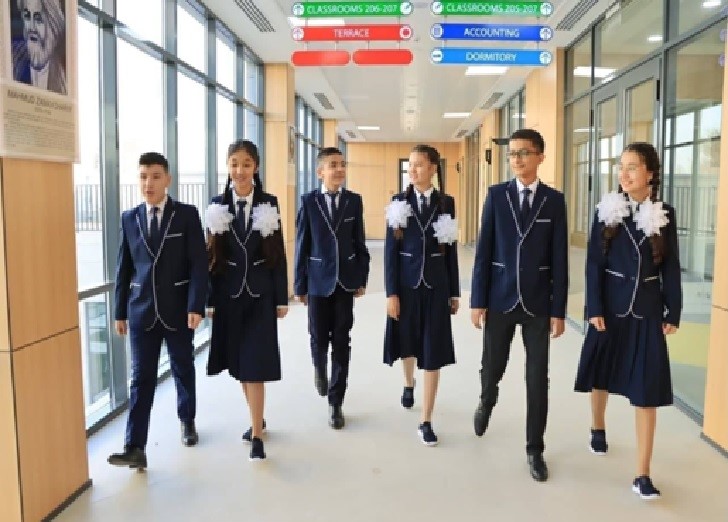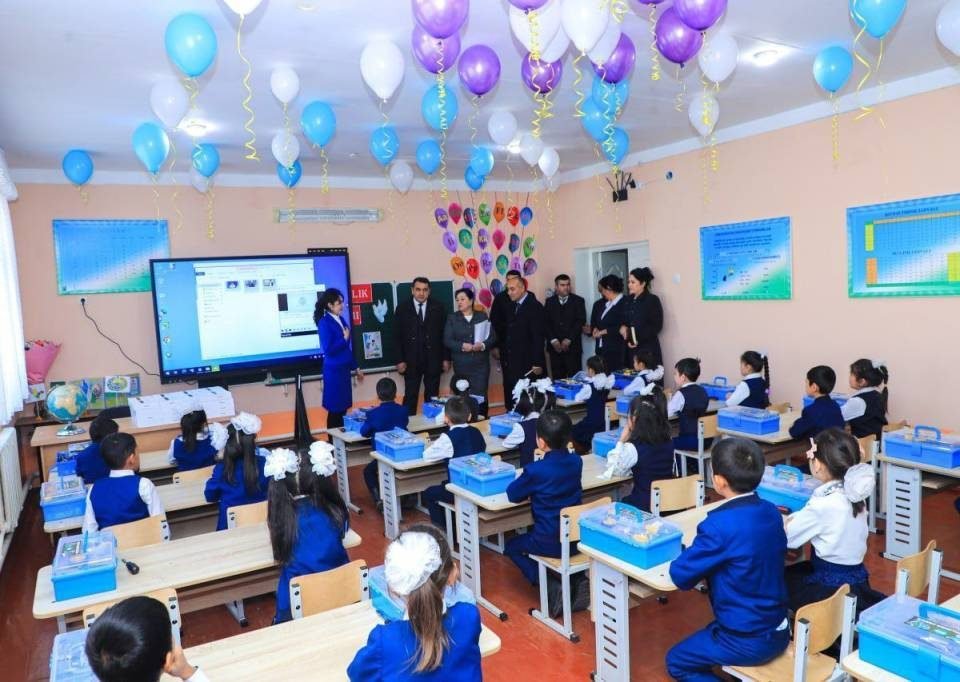Most patients spend time in the throes of pain and searching for an answer to the question “Who will help?” before they take qualified medical care. However, more and more people in Uzbekistan have in recent years been putting an end to these types of quandaries in consultative and diagnostic centers launched nationwide.
In the meanwhile, few people know that the pathfinder among them was the Tashkent City Consultative and Diagnostic Center: it was here that the technologies for servicing the patients were introduced, the description of which fits into just few words – “diagnosis for half a day”. The UT correspondent has enquired its director Orifjon Aripov to reveal in detail the achievements on this front and the overall mission of the center.
“Diagnosis for half a day”: is it a standard applicable to absolutely all kinds of your patients?”
“For most of them. The only exception is a small percentage of patients whose diagnostic technique requires more time. In particular, patients who need to perform bacteriological sowings of organic secretions or require an observation over time. Regarding the fact of half a day, the patient receives a full range of services that allows him to understand what is wrong with his health and what to do next, and this makes us attractive in the market of paid medical services. Our center is designed so that allows you to perform all the necessary volume of examinations for diagnosis and issuance of recommendations to the patient on the next steps for the restoration of health.
“Centers like ours is a very important component in the network of medical institutions because they allow patients to receive answers to all the questions in a very short time under the best possible conditions, and crucially, in the same building. Most patients come to us themselves. There are quite a lot of those who were sent by general practitioners of primary care institutions. They, as a rule, are complicated patients with “confusing” cases which need to diagnose with a wide range of diagnostic procedures, and they are not performed in primary care institutions. Visiting our center allows them to surely avoid the running about over specialized medical centers in search of the necessary assistance.”
“In recent years, new ‘players’ offering diagnostic services via ultramodern medical equipment have been emerging in the market of medical services. Are you not afraid of competition?”
“We have a lot of distinctions that enable us to adequately compete in the market conditions. And it’s great that it was launched to create similar centers in the regions which facilitate the accessibility of qualified care for the population. People should not knock on the door of every medical institution, travel long distances, as long as they will have the necessary medical services. It should be conducted as quickly, efficiently and professionally.
“Our center has an experienced team that has a long tradition of the work in the field of diagnostics. We all follow the same idea: to help every patient quickly and to reliably deal with the problem with which he/she came. The diagnosis will be conducted like this even if the patient tells almost nothing about his health, but simply repeats: – “It hurts here”. Our main task – to tell where and how to be treated further: someone needs to outpatient treatment, and someone – stationary.
At the same time we have minimum assignments for the examinations using the equipment. We prescribe only the most necessary. You know, good physicians diagnose 75% of diseases thanks to their knowledge and intuition, and only 25% owing to the data obtained with the help of devices used for patient examination. Medical devices are often necessary to sharpen, concretize the diagnosis and prescribe targeted treatment. It is not coincidence that many of current known doctors argue that a good specialist needs minimum equipment – it is needed just to confirm or refute the findings made by him.
“I will say more: even doctors of leading republican institutions redirect patients to us. In particular, this happens when the patient has an inflammatory process, and prescribed medicines did not give the desired effect.”
“What trends are there now in the market of these services so that you can set priorities for your job?”
“The latest trends include the conclusion of contracts with organizations and companies for the medical examination of their employees. Usually people go to the doctor when they endure pain with no power and energy left, under severe suffering. But under the contracts I mention, the employer creates conditions for every staff member to visit a diagnostic center and get medical advice as a prevention measure. This has a positive effect on the detection of diseases at an early stage, and promotion of healthy lifestyle. Through such programs people have the opportunity to learn more about the possibilities of modern medical services. And I am glad that in recent years, companies and trade unions create such conditions have been growing in number.”


























